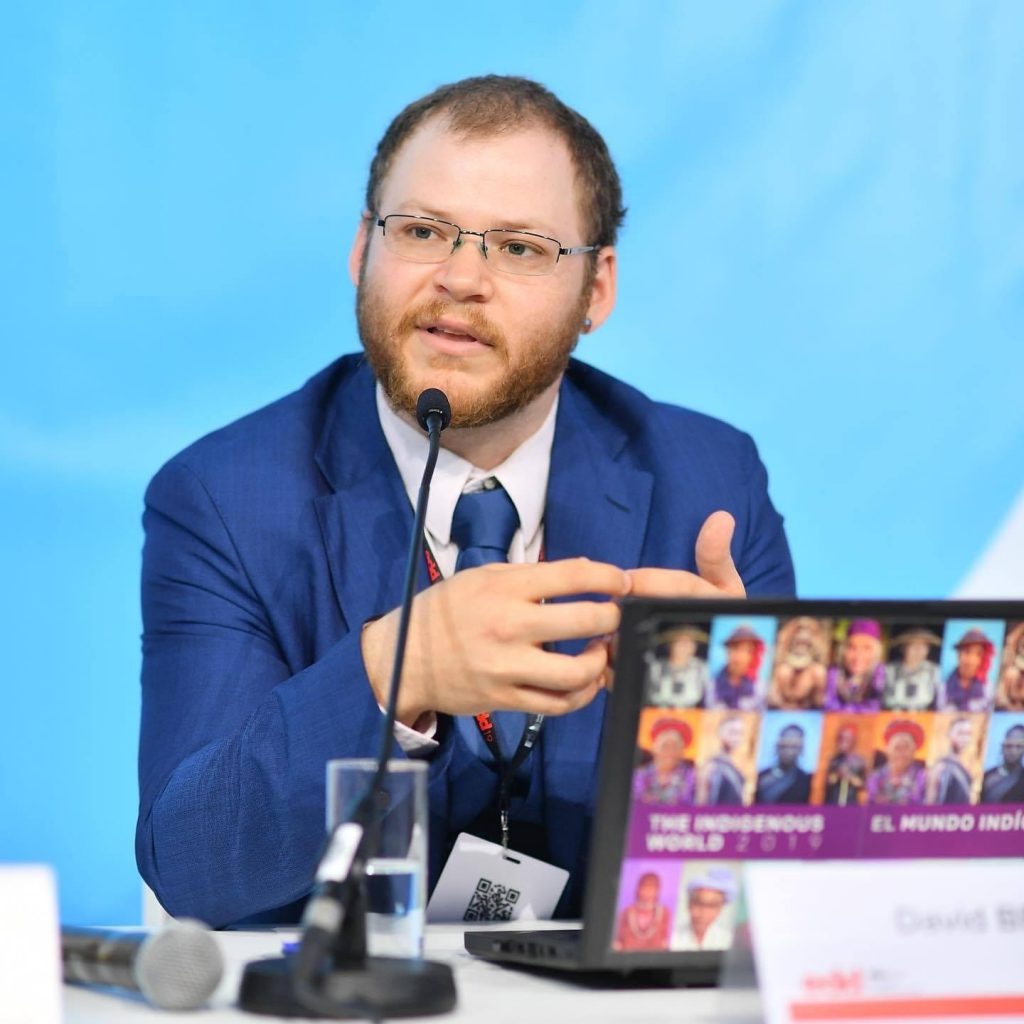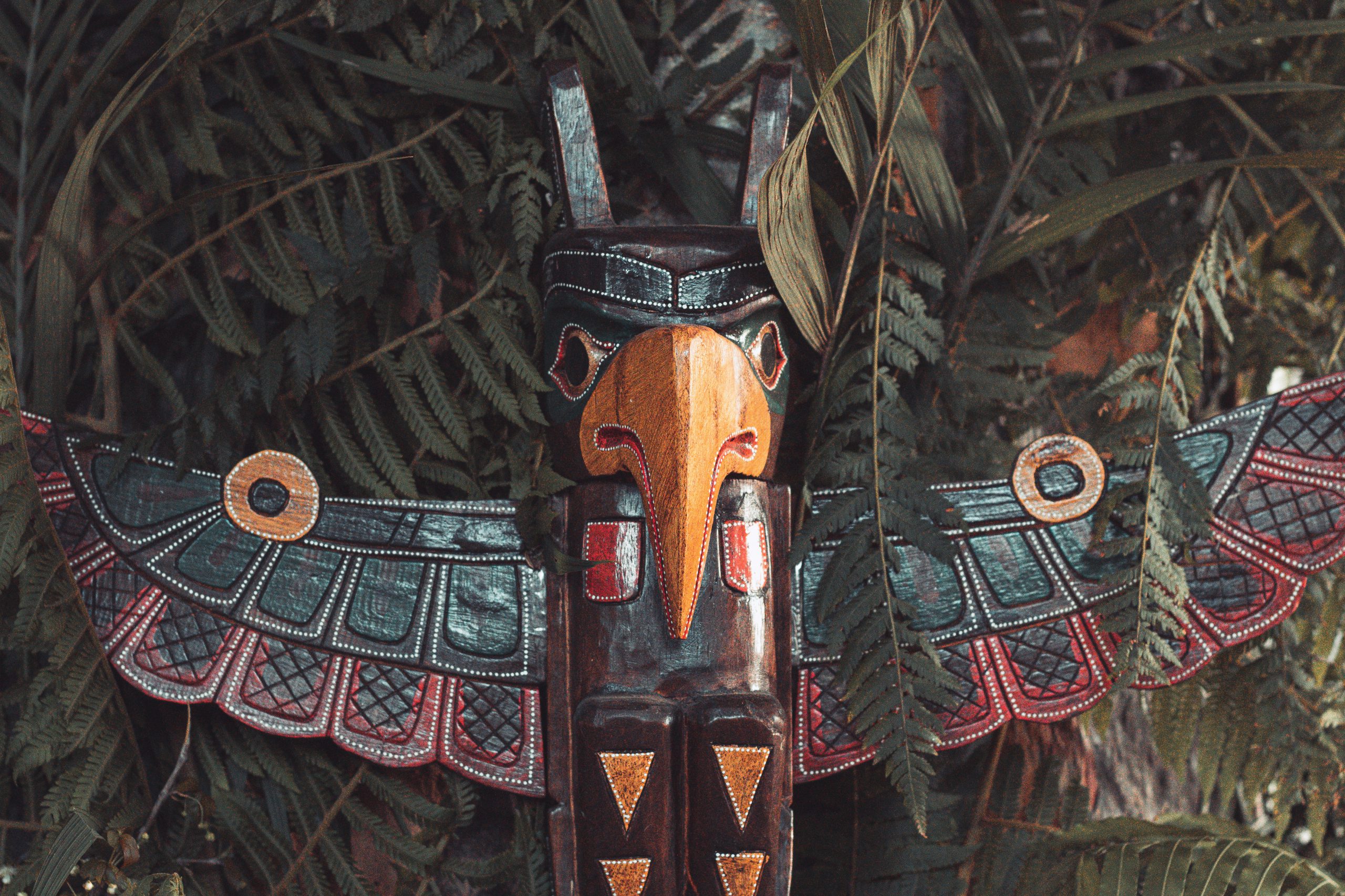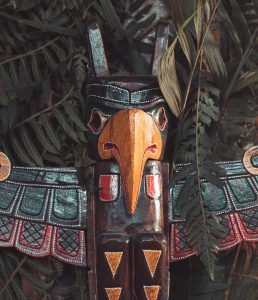Indigenous Navigator collects data from indigenous people for indigenous people. In this episode, program coordinator and advisor David Berger, talks to us about monitoring the realisation of Indigenous rights through data.

Indigenous Navigator is an online set of tools that collects data by indigenous people for indigenous people to monitor the implementation (or lack thereof) of Indigenous rights as expressed in agreements such as the UN Declaration on the Rights of Indigenous Peoples.
Last week, Miriam wrote an excellent post about the initiative and the implementation gap. In this audio episode David Berger, the program coordinator for the Indigenous Navigator and advisor for Iwgia (International Work Group for Indigenous Affairs) speaks to us about the work he does. We dive into topics such as the digital divide between indigenous and non-indigenous communities, the implementation of indigenous rights, as well as the various ways the Indigenous Navigator uses data to combat these issues.
Give it a listen and join in on the conversation by commenting below!
Links to Indigenous Navigator reports:
The impact of COVID-19 on indigenous communities: Insights from the Indigenous Navigator
https://iwgia.org/en/resources/publications/3878-ini-covid-19-
Implementing the Indigenous Navigator
https://iwgia.org/en/resources/publications/3877-ini2020-experiences.html
Further reading:
The UNSR’s report on Indigenous Peoples and COVID-19
https://www.ohchr.org/EN/Issues/IPeoples/SRIndigenousPeoples/Pages/Callforinput_COVID19.aspx


